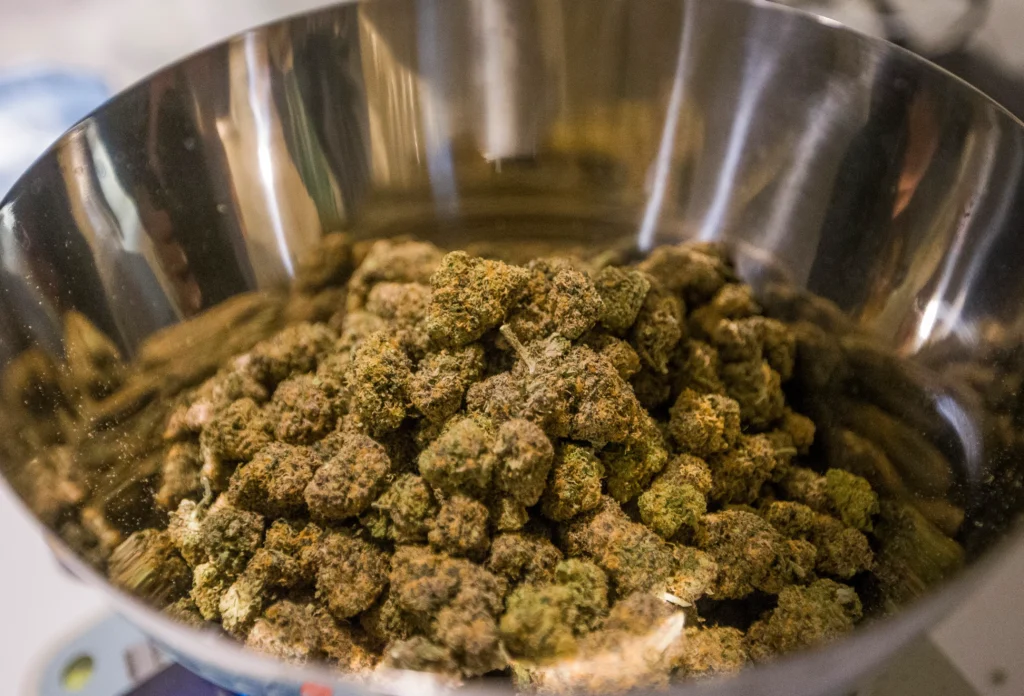In January there was just over $25 million in marijuana sold legally throughout Montana.

According to data compiled and released by the Montana Cannabis Control Division, there was $25,110,065 in legal marijuana and marijuana products sold in January. This is a slight increase over the $24,946,537 sold last January.
$20,874,549 of the marijuana purchased in January was for recreational use, with the remaining $4,235,515 purchased by medical marijuana patients.
Continue reading

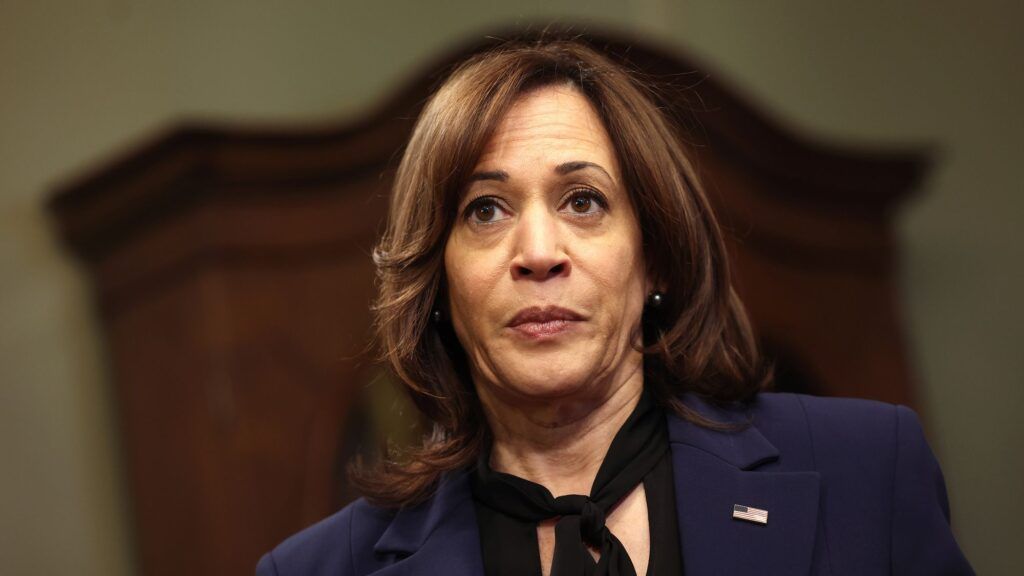
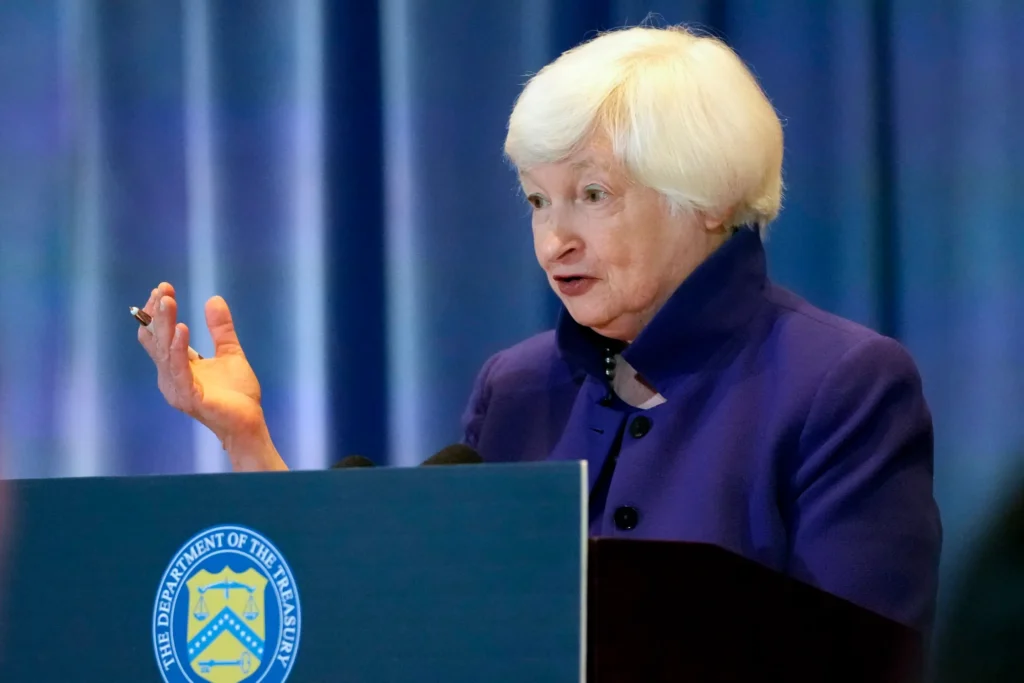

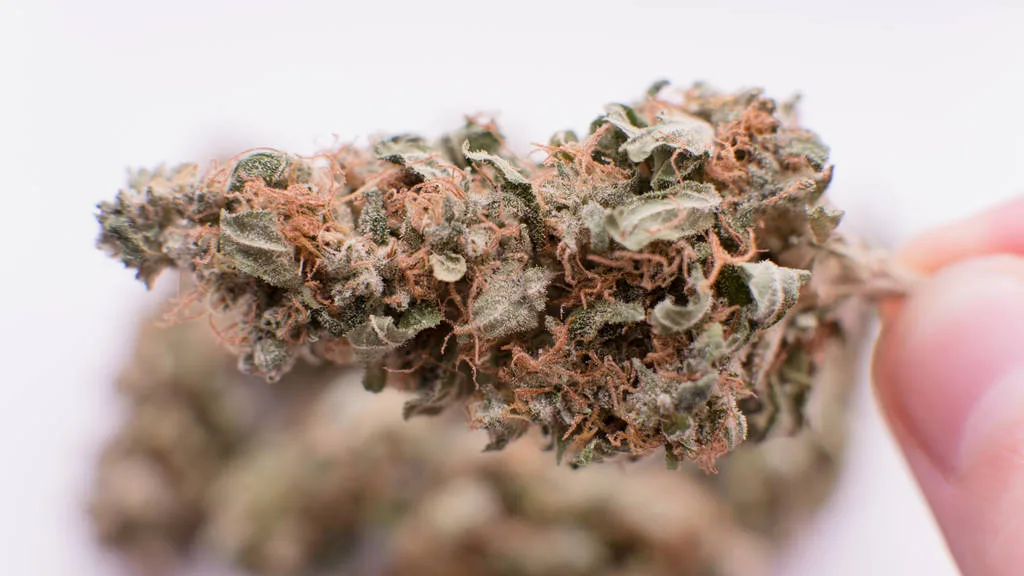
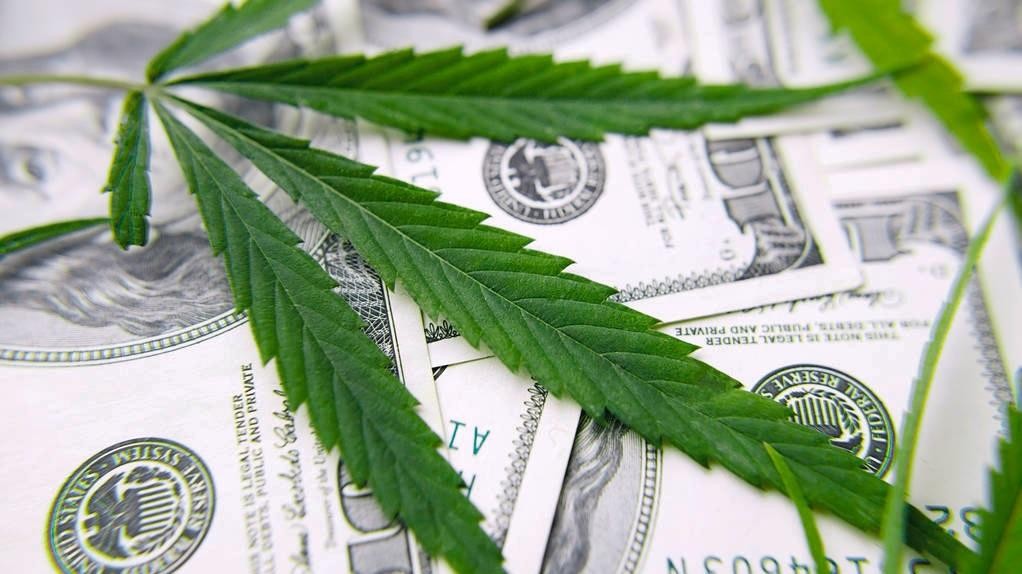

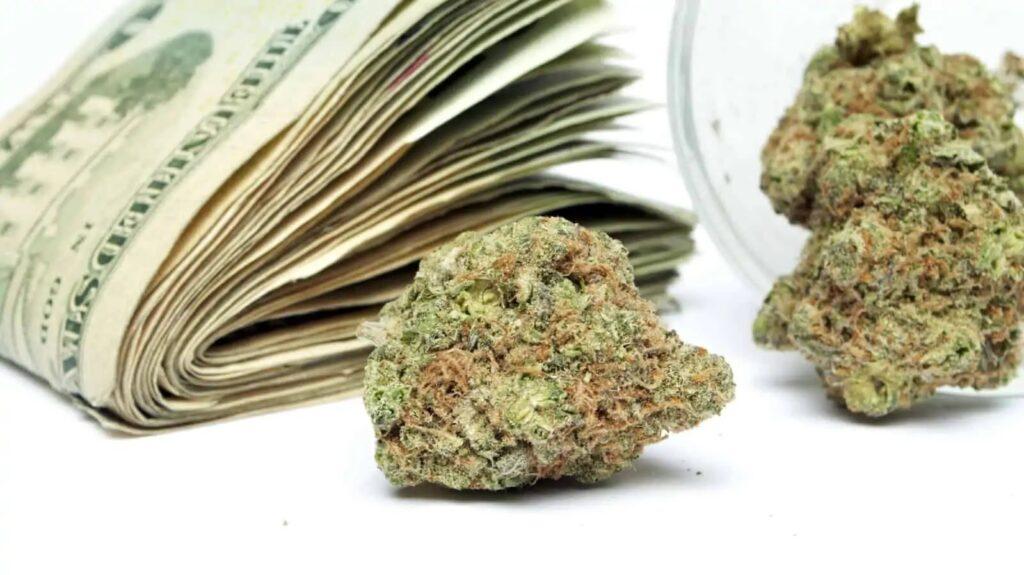 In total there was $113.4 in legal marijuana sold in February, an increase of $3.6 million from the total sales for January, despite the month being two days shorter. This is according to data compiled and released by the Missouri Department of Health and Senior Services.
In total there was $113.4 in legal marijuana sold in February, an increase of $3.6 million from the total sales for January, despite the month being two days shorter. This is according to data compiled and released by the Missouri Department of Health and Senior Services.